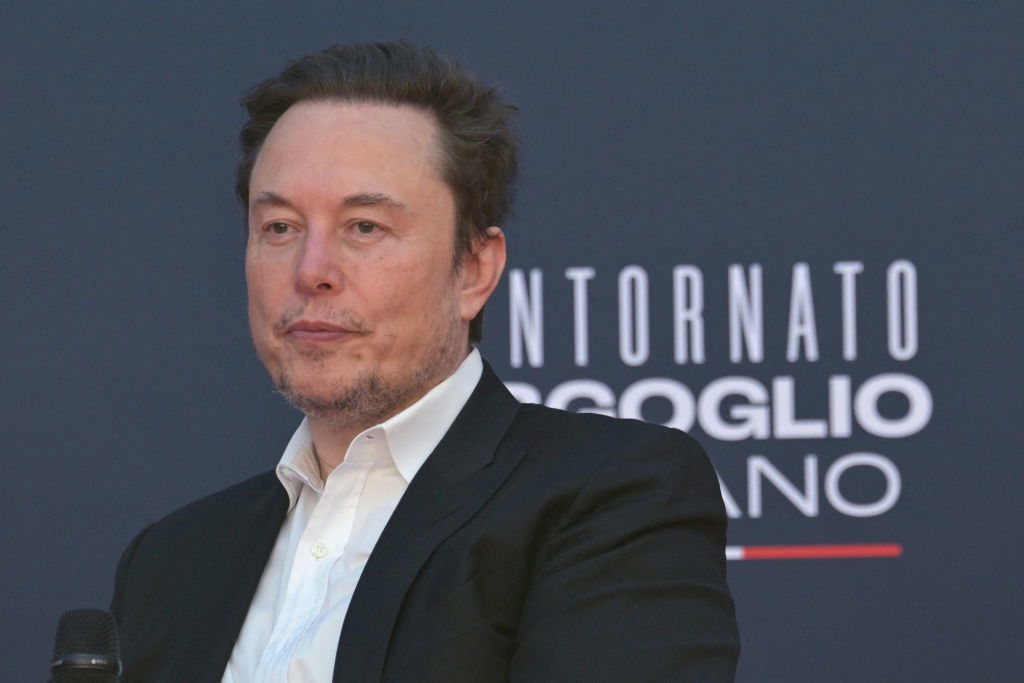
December 17, 2023
Elon Musk Declares ‘DEI Must DIE’ As Tesla Owner Calls To End Diversity, Equity, And Inclusion Initiatives
Musk’s comments on DEI also come as the EEOC is suing Tesla Inc., which Musk owns, over concerns raised by its employees of widespread racial harassment.
Elon Musk communicated what appears to be behind the Diversity, Equity, and Inclusion backlash in business, higher education, and other sectors of American society in a post to Twitter/X, which he owns.
According to Yahoo, Musk said in a Dec. 15 post, “DEI must DIE. The point was to end discrimination, not replace it with different discrimination.” Musk’s sentiments align with the recent efforts of conservatives to eliminate DEI positions in higher education, including a recent announcement that the University of Oklahoma would be complying with an executive order issued by the state’s governor, Kevin Stitt, that eliminated all diversity, equity, and inclusion offices at the state’s public universities.
In an op-ed for Time, Eddie S. Glaude Jr., the James S. McDonnell Distinguished University Professor at Princeton University, discussed at length the attempts of the chorus of conservative voices to silence DEI, writing “Under the guise of a commitment to a classical liberal education, right-wing critics are pursuing illiberal ends that deny the value of diversity all together. They ignore or downplay the history of exclusion that has defined much of the history of places like Princeton, Harvard, or Yale. For them, meritocracy alone resolves historical inequity.”
The calls to end DEI have gotten progressively louder the more distance we have from the Supreme Court’s ruling declaring that affirmative action, which higher education institutions had practiced since the early 1970s, was a violation of the 14th Amendment’s equal protection clause.
Musk’s comments on DEI also come as the EEOC is suing Tesla Inc., which Musk also owns, over concerns raised by its employees of widespread and ongoing racial harassment. As stated in the EEOC’s press release, “According to the EEOC’s suit, since at least 2015 to the present, Black employees at Tesla’s Fremont, California manufacturing facilities have routinely endured racial abuse, pervasive stereotyping, and hostility as well as epithets such as variations of the N-word, ‘monkey,’ ‘boy,’ and ‘Black b*tch.’ Slurs were used casually and openly in high-traffic areas and at worker hubs.”
According to the press release, the EEOC is seeking compensatory and punitive damages and back pay for the workers as well as an injunction aimed at forcing Tesla to change its practices so this kind of discrimination does not happen again.
In June, Tesla released diversity numbers publicly for the first time, according to USA Today, and the numbers show a majority of the staff to be men, particularly in the upper management and executive levels of the company, where men hold nearly 70% and 80% of positions, respectively. The auto industry, however, generally suffers from a lack of diversity as a deep dive from Wired into why so few women have been principal designers of vehicles illustrates.
According to USA Today’s analysis of the diversity reports submitted to the EEOC, despite the much-publicized commitments to diversity in the wake of the murder of George Floyd in 2020, inequality with regard to gender and race persists at many of the country’s most profitable and powerful companies, which indicates that the initiatives were largely PR stunts. According to DDI’s Diversity, Equity, and Inclusion Report 2023, organizations that actively prioritize including employees of varying demographics often are more successful at both making money and retaining their talent. In addition, they are also unsurprisingly more likely to appear on the “Best Places To Work” list.
According to the DDI report, “In organizations where HR reported that they have a high-quality DEI program, there was a significantly higher percentage of women leaders at every level. The impact on minorities is even greater, as companies with high-quality DEI programs have nearly double the percentage of leaders from minority racial and ethnic backgrounds. Furthermore, these companies have nearly triple the rate of minority leaders in their high-potential programs.”
RELATED CONTENT: CBC Demands Corporate America To Fulfill Promised DEI Efforts To Close The Racial Wealth Gap